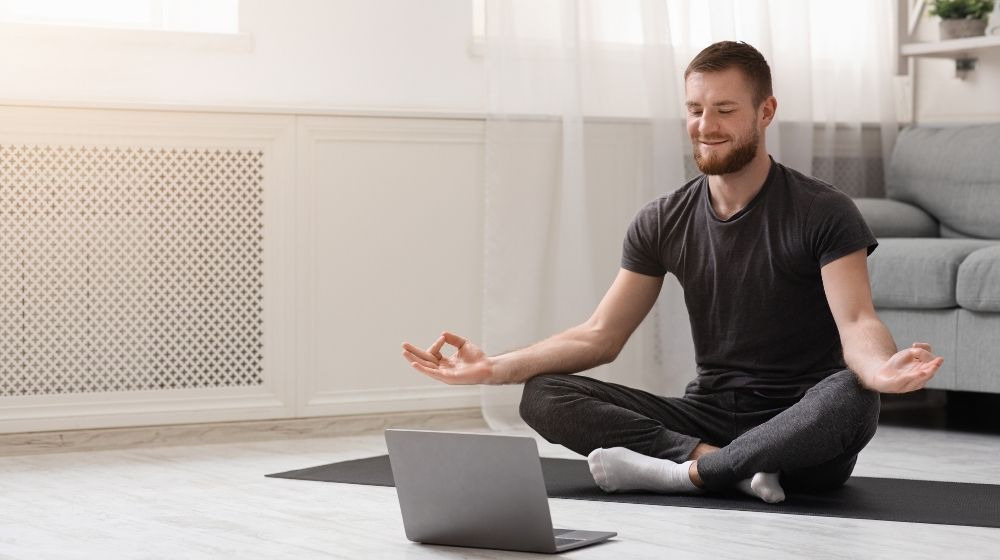
Hormone Health TRT

RELATED: Male Depression – How To Get Back To Feeling Like Yourself Again

Meditation is a powerful mind and body tool that involves training the mind to achieve long-lasting mental clarity, balance, and mindfulness. It has been proven to be an effective way to manage stress, anxiety, depression, and promote overall well-being.
The emotional benefits of meditation may include:
Research has shown that meditation may be useful in conditions, especially those worsened by stress and anxiety. With that in mind, some research suggests that meditation may help people manage symptoms of conditions such as:
Although meditation has shown many emotional, mental, and physical health benefits, this practice isn’t a replacement for traditional medical treatment.
According to Lynne Lauren, the author of Meditation Plain & Simple, meditation can be practiced at your own pace at your own time. A good meditation time also depends on what you want to achieve. This is especially true if the purpose of the practice is health optimization. Here are some of the best time to meditate:
The key is to meditate at the time of the day that suits you best, whether it is in the morning or the evening.
RELATED: The Science of Self-Assurance: How to be More Self Assured
Meditation is not recommended right before bedtime. Although meditation is relaxing, it should not be mistaken as a method of relaxation. During meditation, you don’t put yourself in a sleepy state. To meditate, you have to relax first to clear your mind and be fully aware of the present.

Just like in any discipline, consistency yields the optimum results. However, meditating regularly is not viable, given the busy schedule and commitments. Three to five times per week would be a good starting point for beginners. No matter how frequent you meditate, it will still have a beneficial effect, and the more you practice it, the easier it becomes.
If you are a beginner, 5-10 minutes of mindfulness meditation a day could be a good start. On the other hand, Transcendental Meditation (TM) typically takes 20 minutes twice a day during the morning and night.
Practicing meditation, even for a short period of time, can still provide benefits. A study on non-experienced meditators has revealed that even a short duration of daily meditation practice can have similar behavioral effects as those who practice longer and higher-intensity mediation practices. You can start with a 10-min meditation and gradually increase the duration to 30-45 minutes as you go along.
There are more than 10 types of meditation, but most rely on four elements basic elements:
With these four elements, you can start meditating at your own time. Start by finding a quiet spot. You don’t need a meditation room; just a nice comfortable area would suffice. Take deep breaths and focus on your breathing and the airflow. Be mindful of your thoughts as you go. If you notice your mind drifting, simply go back without judging yourself.
Meditation is a beneficial practice for overall health. While some experts recommend meditating before sunrise and sunset, meditating on your own time provides many benefits, especially when combined with exercise and a healthy diet. Always consult your doctor before using meditation for severe health conditions.
Are you looking to optimize your physical and mental health? Opt Health reconnects men with health, happiness, strength, and sexual vitality. Let us know how we can help you. Get personalized support and insight from top-tier physicians available for you 24/7. Contact us today.
Up Next:
Your health, your terms. Discover how personalized care can transform not just the way you feel, but how you live.